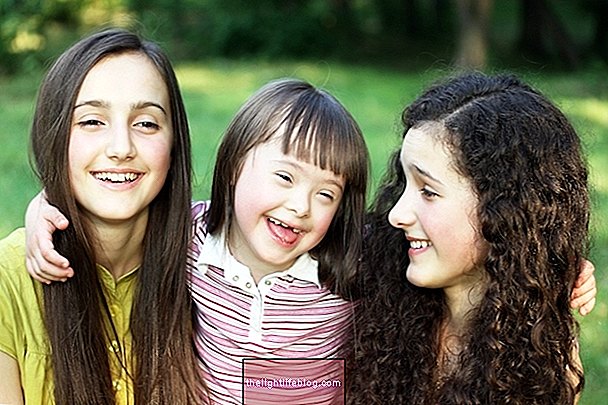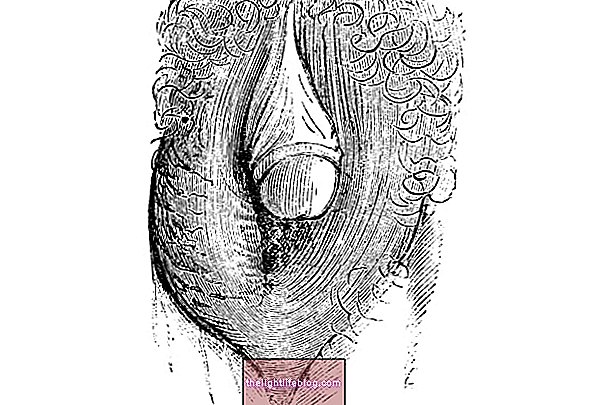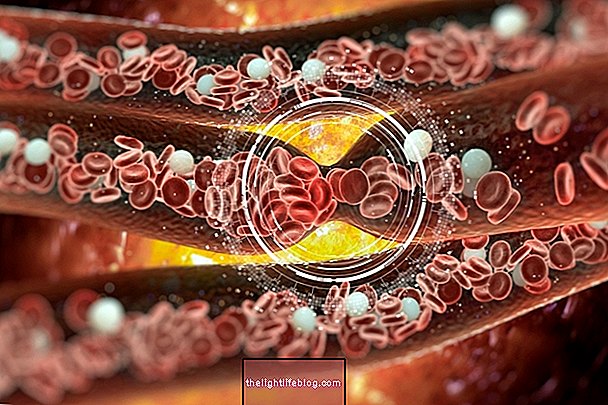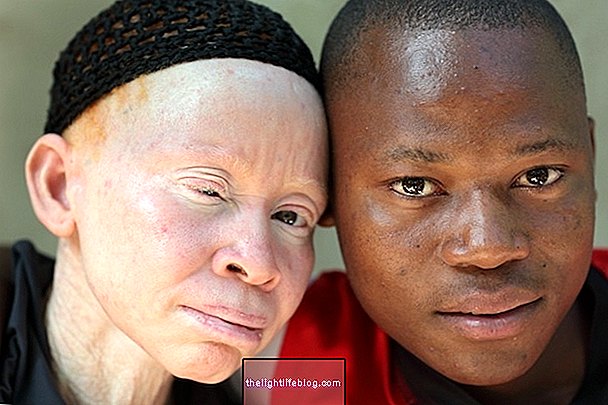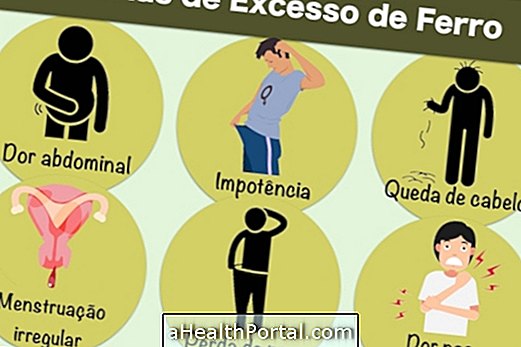Fragile X syndrome is a genetic disease that occurs due to a mutation in the X chromosome, leading to the occurrence of several repetitions of the CGG sequence.
Because they only have one X chromosome, boys are more affected by this syndrome, presenting characteristic signs such as an elongated face, large ears, as well as behavioral traits similar to those of autism. This mutation can also happen in girls, however the signs and symptoms are much milder, because as they have two X chromosomes, the normal chromosome compensates for the defect of the other.
The diagnosis of fragile X syndrome is difficult, as most symptoms are nonspecific, but if there is a family history, it is important to carry out genetic counseling to check the chances of the syndrome occurring. Understand what genetic counseling is and how it is done.

Main features of the syndrome
Fragile X syndrome is very characterized by behavioral disorders and intellectual impairment, especially in boys, with difficulties in learning and speaking. In addition, there are also physical characteristics, which include:
- Elongated face;
- Large, protruding ears;
- Protruding chin;
- Low muscle tone;
- Flat feet;
- High palate;
- Single palmar fold;
- Strabismus or myopia;
- Scoliosis.
Most features related to the syndrome are only noticed from adolescence. In boys it is still common to have an enlarged testicle, while women may have problems with fertility and ovarian failure.
How the diagnosis is made
The diagnosis of fragile X syndrome can be made by molecular and chromosomal tests, to identify the mutation, the number of CGG sequences and the characteristics of the chromosome. These tests are usually done with a blood sample, saliva, hair or even amniotic fluid, if the parents want to confirm the presence of the syndrome during pregnancy.
How the treatment is done
Treatment for fragile X syndrome is mainly through behavioral therapy, physical therapy and, if necessary, surgery to correct physical changes.
People with a history of fragile X syndrome in the family should seek genetic counseling to find out the likelihood of having children with the disease. Men have the XY karyotype, and if they are affected they can transmit the syndrome only to their daughters, never to their sons, since the gene received by boys is Y, and this does not present any alteration related to the disease.
Was this information helpful?
Yes No
Your opinion is important! Write here how we can improve our text:
Any questions? Click here to be answered.
Email in which you want to receive a reply:
Check the confirmation email we sent you.
Your name:
Reason for visit:
--- Choose your reason --- DiseaseLive betterHelp another personGain knowledge
Are you a health professional?
NoMedicalPharmaceuticalsNurseNutritionistBiomedicalPhysiotherapistBeauticianOther
